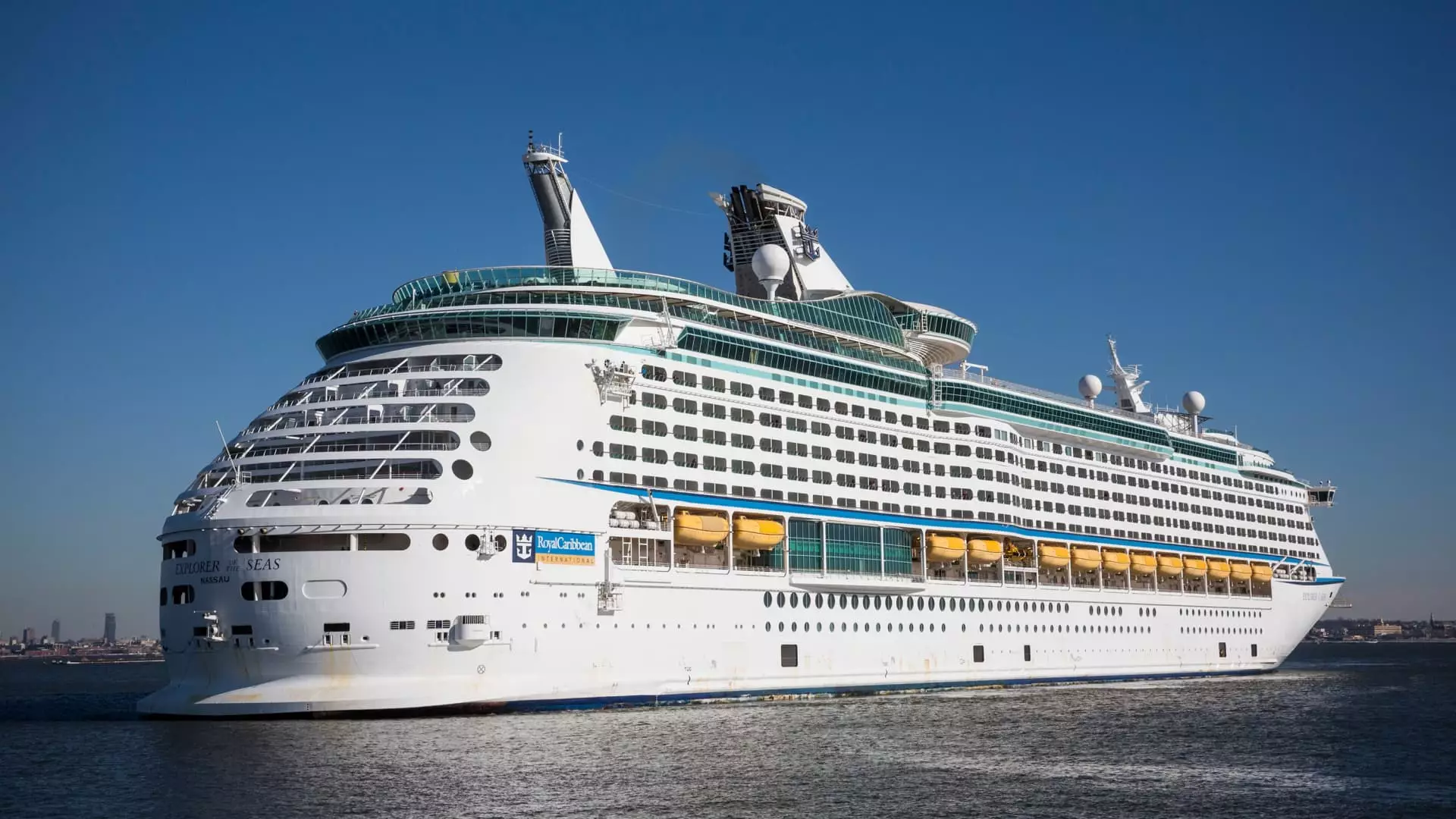The recent plunge in cruise line stocks highlights the sensitivity of this industry to statements from political figures, particularly those regarding tax reforms. When Commerce Secretary Howard Lutnick stated that the Trump administration was considering a crackdown on taxes for cruise companies, it sent shockwaves through the market. This response underscores how deeply interconnected political rhetoric and investor sentiment can be, especially for an industry that largely operates under the radar of national tax obligations. The drops were significant: Carnival’s shares plummeted by 9%, Royal Caribbean by 11%, and Norwegian Cruise Line by 10%. Such dramatic shifts illustrate how investor confidence can quickly deteriorate based on mere speculation about policy changes.
Lutnick’s remarks about the absence of American flags on cruise ships and the perceived lack of tax contributions from these companies reveal a misunderstanding of the complexities within the cruise industry’s tax framework. The cruise industry operates under a unique category defined by the Internal Revenue Service (IRS), merging taxation similar to that of shipping freight. This means that any substantial tax reform affecting cruise lines would involve significant reconsiderations of regulations affecting the broader cargo industry. Stifel Financial aptly noted that the cruise sector represents a small fraction of the cargo industry, indicating that any major overhaul would be logistically complicated and politically contentious.
An important consideration raised by the analysts at Stifel is the potential impact of a tax crackdown on jobs within the United States. If cruise companies seek to circumvent stricter tax regulations by relocating their corporate headquarters abroad, the result could be a significant loss of American jobs. Such a move would not only threaten direct employment within the cruise sector but could also have ripple effects on related industries, including tourism, hospitality, and even port operations. As the cruise lines predominantly operate in international waters, enforcing tax obligations would prove to be a monumental challenge for the U.S. government.
Investment Recommendations in Turbulent Times
Despite the fear-driven sell-off in the stocks of cruise lines, some analysts see this as an opportunity for investors. Stifel’s recommendation to “buy on weakness” suggests that the underlying business models of these cruise companies remain strong, irrespective of political posturing. Their suggestions to consider stocks like Carnival, Royal Caribbean, and Norwegian may be rooted in a long-term outlook rather than short-lived market fluctuations. This presents a critical moment for investors to weigh the implications of policy discussions against the operational realities of the cruise industry.
The cruise industry stands at a crossroads, facing potential threats from political decisions while simultaneously demonstrating a track record of resilience. The volatility in stock prices following Lutnick’s comments emphasizes the necessity for stakeholders to remain vigilant and informed. As debates surrounding corporate taxes continue to unfold, the cruise sector must navigate the complex intersection of public perception and fiscal responsibility, ensuring its longevity and profitability in a rapidly changing economic landscape.

